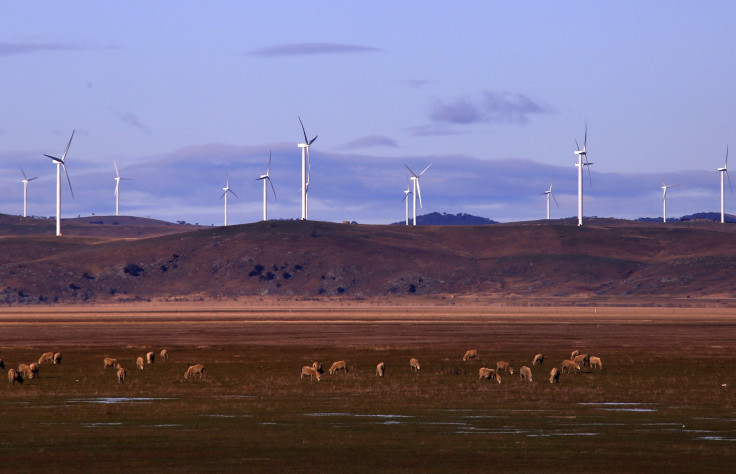Polls reveal Australians think government isn’t doing much about climate change

Annual polling by the Climate Institute has revealed Australians are apprehensive that the Coalition government is not doing much about the climate change. Australians are overwhelmingly in favour of solar and wind energy, both of which are being sidelined by the Coalition.
Labor has announced, though not a detailed policy, that it will re-introduce an emissions trading scheme and will aim at implementing 50 percent renewable energy by 2030. But about 47 percent of the surveyed Australians think that the policies announced by the Labor would only increase electricity bills and would not be too beneficial for reducing pollution. The cabinet on the other hand, holds debates on the long term targets of greenhouse gas reduction
It has been argued by Australian Foreign Minister Julie Bishop and Environment Minister Greg Hunt that Australia needs to adopt emission reduction target in line with those adopted by U.S. and Canada, that is a reduction of the 2005 levels between 25 percent and 28 percent by 2030. But other cabinet ministers have expressed concerned that the ambitious goals would not bring any political credit to the government.
According to the Guardian, it has also been pointed out by the rest of the cabinet that to set a target at that level, the government would have to formulate policies that would help its implementation. Once the government commits to the target, it would need to explain the policies it intends to formulate to meet the target whereas the think tanks, business groups and market analysts will be arguing to put the Direct Action policy up for substantial modification before it comes to play. The business groups have already been lobbying vigorously to make the government stop opposing the purchase of carbon credits overseas.
The Abbott government has, however, put in order its own model for the cost of different greenhouse gas emission targets and is expected to show that ambitious goals can be contained within modest targets at the meeting on Monday.
Contact the writer at feedback@ibtimes.com.au, or let us know what you think below.





















